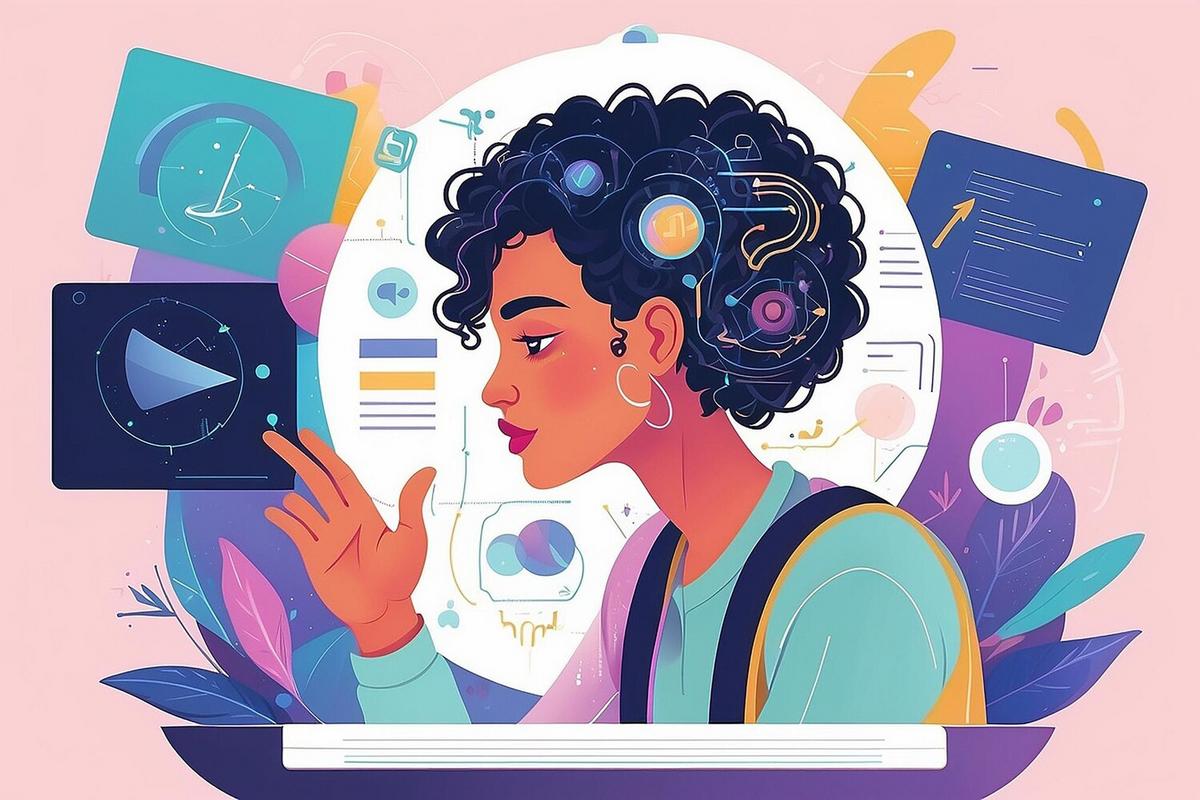In the vast digital landscape where information floods our screens daily, developing critical thinking skills has become more essential than ever. Navigating this sea of data requires not just the ability to find information, but the discernment to evaluate its credibility and relevance.
Understanding Critical Thinking in the Information Age
In a world inundated with information, critical thinking is the compass that guides us through the noise. According to the American Philosophical Association, critical thinking involves a systematic approach to evaluating information, characterized by careful analysis and logical reasoning. This skill is pivotal in discerning facts from misinformation.
Expert Insights on Critical Thinking
Dr. Peter Facione, a recognized authority on critical thinking, emphasizes its role in enabling individuals to make reasoned judgments. He argues that critical thinking is not just about finding flaws in others’ arguments but constructing coherent and logical reasoning oneself.
Statistics Highlighting the Need for Critical Thinking
A study conducted by Stanford University revealed that 82% of middle-school students struggled to distinguish between sponsored content and actual news stories, underscoring the urgent need for critical thinking education.
Personal Anecdotes: From Confusion to Clarity
Consider Alex, a high school student who once blindly trusted online sources for research papers. After a critical thinking workshop, Alex learned to scrutinize sources, dramatically improving the quality of his work and grades.
Actionable Tips to Develop Critical Thinking Skills
- Question Assumptions: Always ask why a particular piece of information is considered true.
- Evaluate Sources: Check the credibility of the information’s origin.
- Analyze Context: Understand the background behind the information.
- Reflect on Implications: Consider the consequences of accepting information as true.
Comparing Traditional and Digital Information Sources
| Aspect | Traditional Sources | Digital Sources |
|---|---|---|
| Credibility | Often peer-reviewed | Varies widely |
| Accessibility | Limited to library access | Available online 24/7 |
| Volume | Limited publications | Extensive and overwhelming |
| Update Frequency | Periodic | Real-time updates |
| Bias Potential | Minimal, editorial oversight | High, user-generated content |
| Depth of Analysis | In-depth | Varies from superficial to in-depth |
| Verification Ease | Easy, established sources | Difficult, requires cross-checking |
| Engagement | Passive | Interactive, participatory |
FAQs
Why is critical thinking important?
Critical thinking is crucial for making informed decisions and distinguishing between accurate and misleading information.
How can I improve my critical thinking skills?
Practice questioning assumptions, analyzing information, and engaging in discussions that challenge your views.
What are reliable sources of information?
Peer-reviewed journals, reputable news outlets, and verified online databases are considered reliable.
Conclusion: Embrace the Challenge
In conclusion, developing critical thinking skills in the age of information overload is not just beneficial but necessary. By questioning assumptions, evaluating sources, and reflecting on implications, we can navigate the vast ocean of information with confidence and clarity. As we cultivate these skills, we empower ourselves and others to make informed, reasoned decisions in an ever-complex world.



Leave a Reply